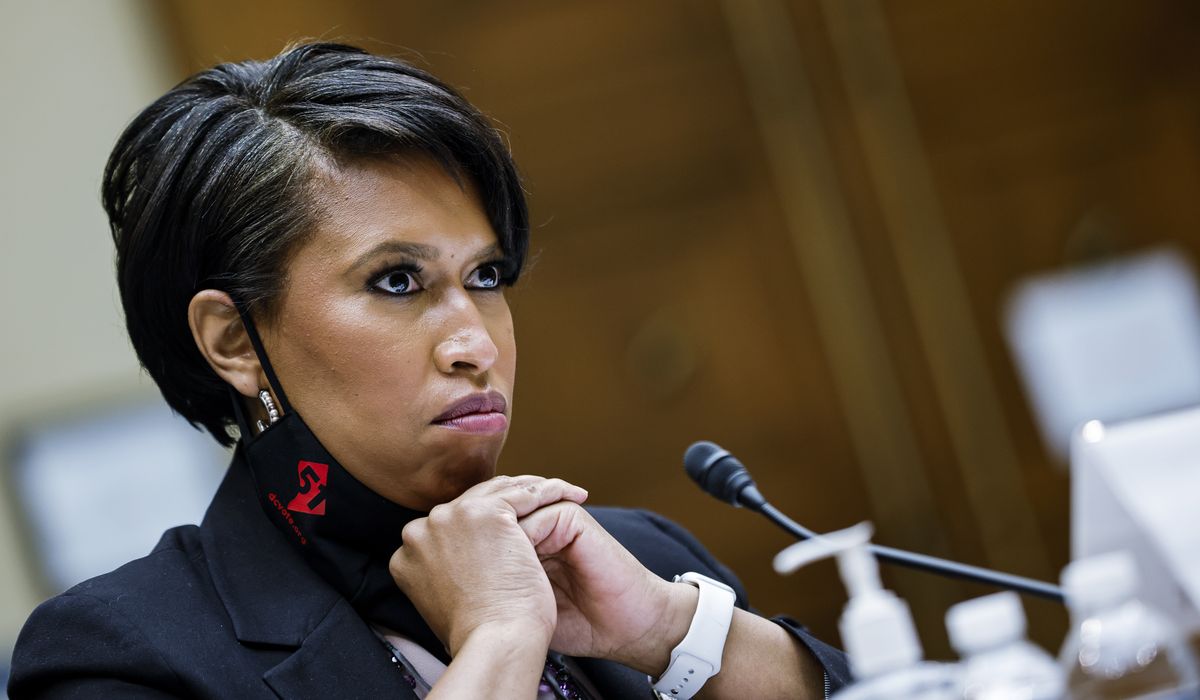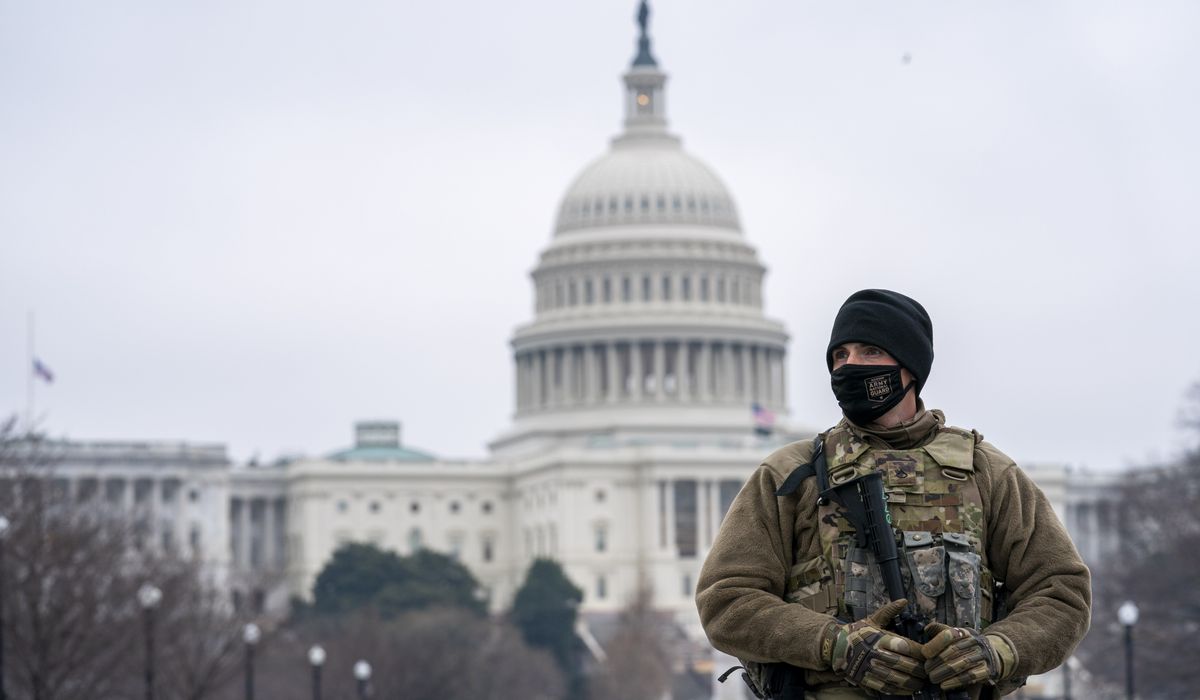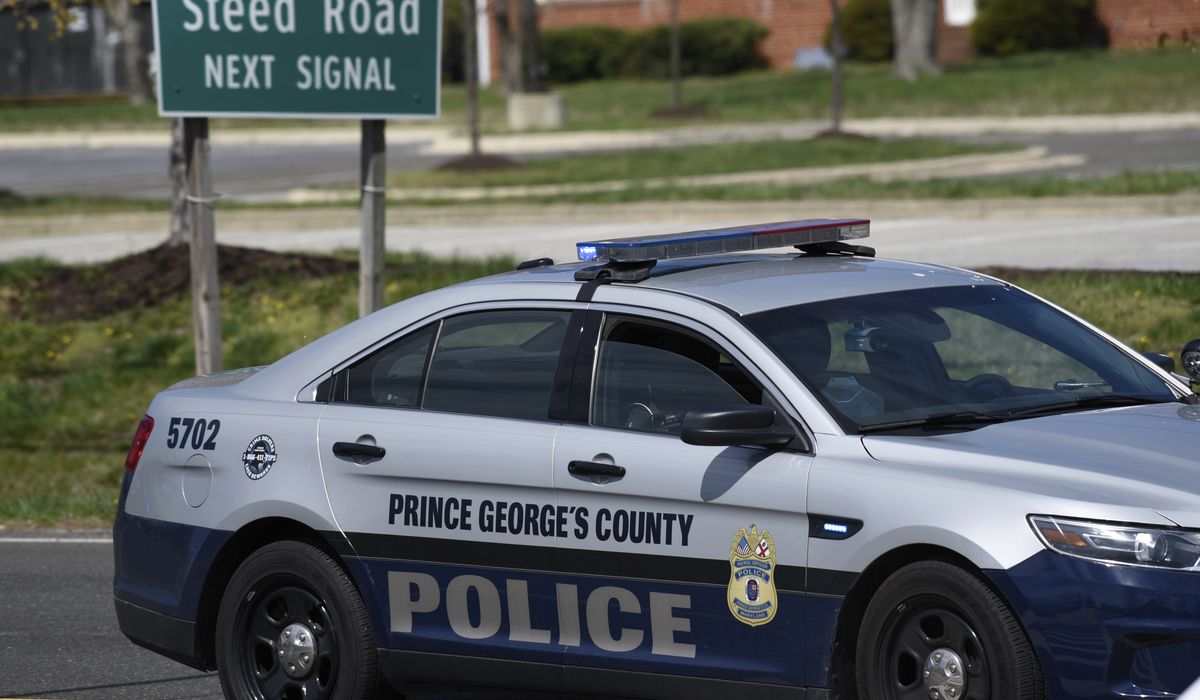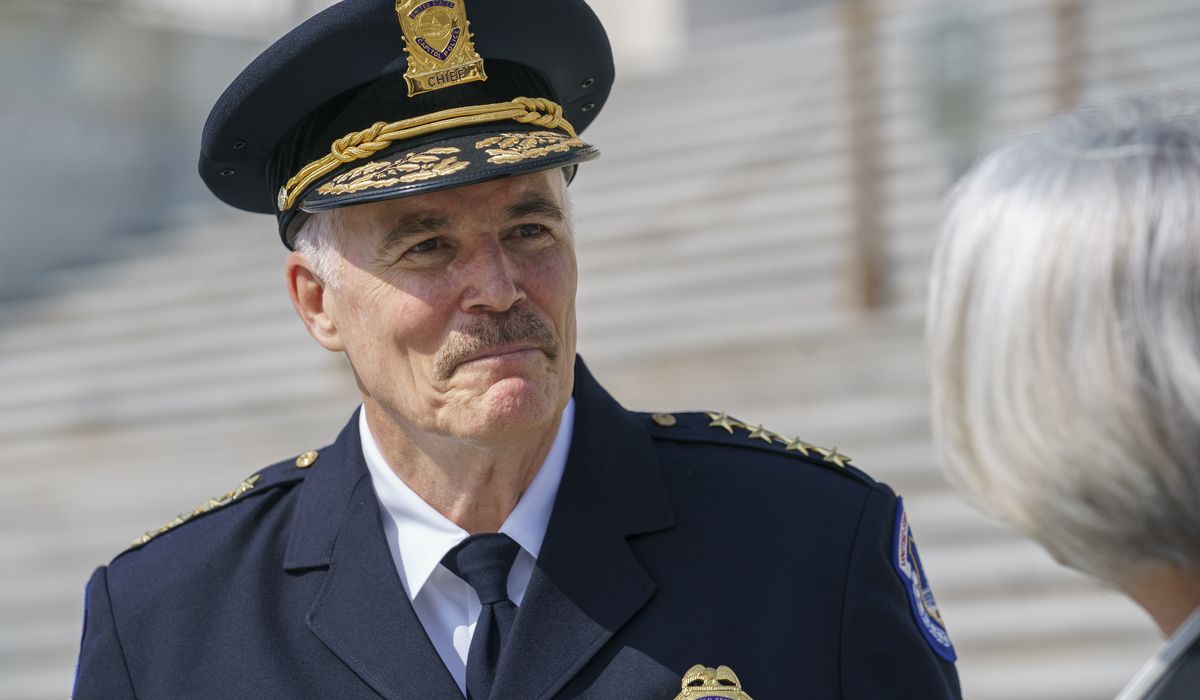House awards Congressional Gold Medal to police who responded to Capitol riot
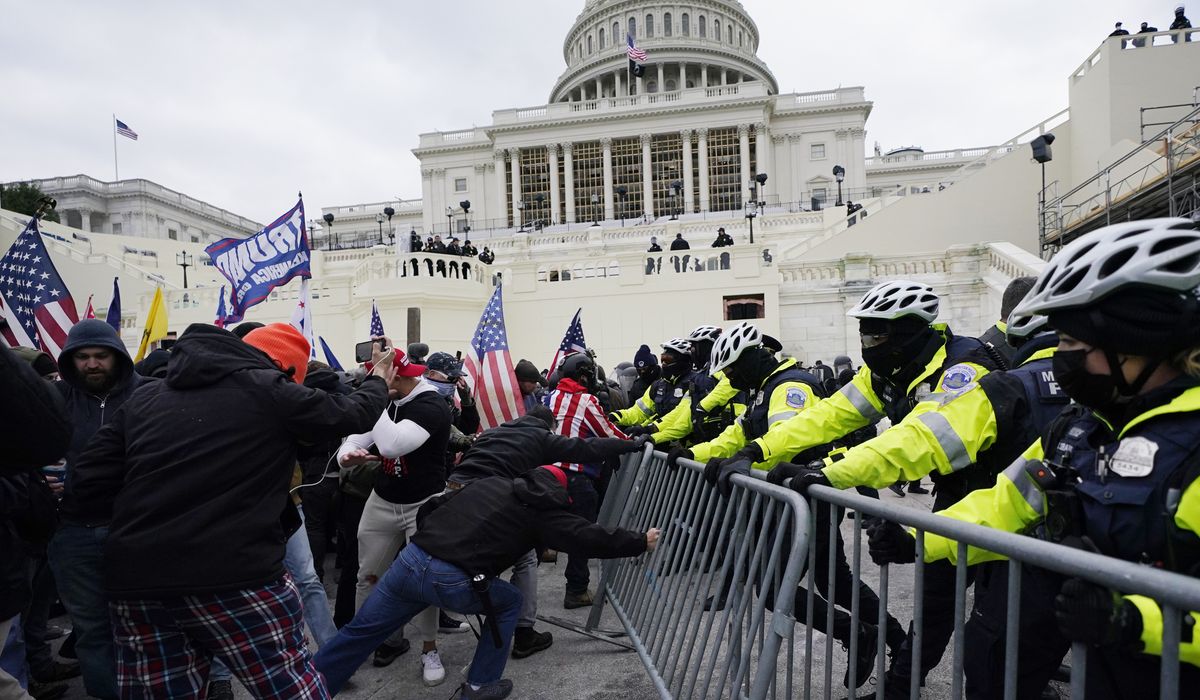
The House has voted overwhelmingly to award the Congressional Gold Medal to U.S. Capitol Police and others who responded to the Jan. 6 attack on the Capitol.
The legislation passed in a 406-21 vote Tuesday, with 21 Republicans voting against it because of the way the resolution described the attack as an insurrection.
The House previously voted to award the medal but it got caught up in weeks of deliberations with the Senate over the scope of who should receive the highest congressional honor.
“January 6 was unquestionably one of the darkest days in the history of our democracy, but because of the courage of the Capitol Police and other law enforcement officers, it will also be etched in history as a day of heroism,” House Speaker Nancy Pelosi said. “That day the Capitol Police force put themselves between the violence and us. They risked their safety and their lives for others with the utmost selflessness. Some died, becoming martyrs for our democracy.”
The Republicans who voted against the resolution took issue with how it described the events of Jan. 6, including calling it an attack on “the temple of our American Democracy.”
“I wouldn’t call it an insurrection,” Rep. Marjorie Taylor Greene, Georgia Republican, told Politico in explaining her vote against the resolution.
Rep. Paul A. Gosar, an Arizona Republican who voted against the legislation, said before the vote that Ashli Babbitt was “executed” on Jan. 6 by police who were “lying in wait.”
His statement drew a sharp response from Rep. Liz Cheney, Wyoming Republican, on Twitter.
“On January 6, as the violent mob advanced on the House chamber, I was standing near @RepGosar and helped him open his gas mask,” she said. “The Capitol Police led us to safety. It is disgusting and despicable to see Gosar lie about that day and smear the men and women who defend us.”
The legislation calls for the medals to be displayed at the
The resolution names Capitol Police Officers Brian Sicknick, Howard Liebengood and Eugene Goodman, and D.C. Metropolitan Police Department Officer Jeffrey Smith for their valor and sacrifices during and after the Jan. 6 attack.
Sicknick clashed with protesters outside the Capitol and later collapsed at the police station and was taken to the hospital, where he died the next day. After weeks of speculation that the protesters caused his death, the D.C. medical examiner said he died of a stroke that was the result of “natural causes.”
Liebengood was a member of the riot control team at the Capitol on Jan. 6 and remained on duty in the days following the attack, working long shifts despite being severely sleep-deprived, according to his widow. He died by suicide on Jan 9.
Smith was injured after being struck by a metal pole thrown by rioters. He was placed on leave by the department because of his injuries and died by suicide on Jan 15 on his return to work.
Mr. Goodman, who was the sole officer named in the Senate’s originally proposed legislation, single-handedly diverted the mob from the Senate Chamber after they breached the Capitol, allowing lawmakers and staff to escape.
The bill also names Capitol Police Officers William “Billy” Evans and Kenneth Shaver. Evans was killed on April 2 when 25-year-old Noah Greene deliberately drove his car into a barricade outside of the Capitol and lunged at police with a knife before being fatally shot by police.
Kenneth Shaver was injured in the April 2 attack, which was not connected to the Capitol riot.

